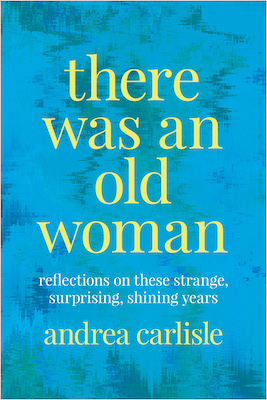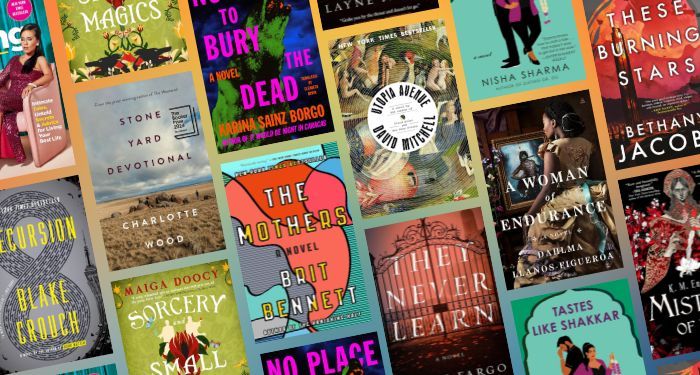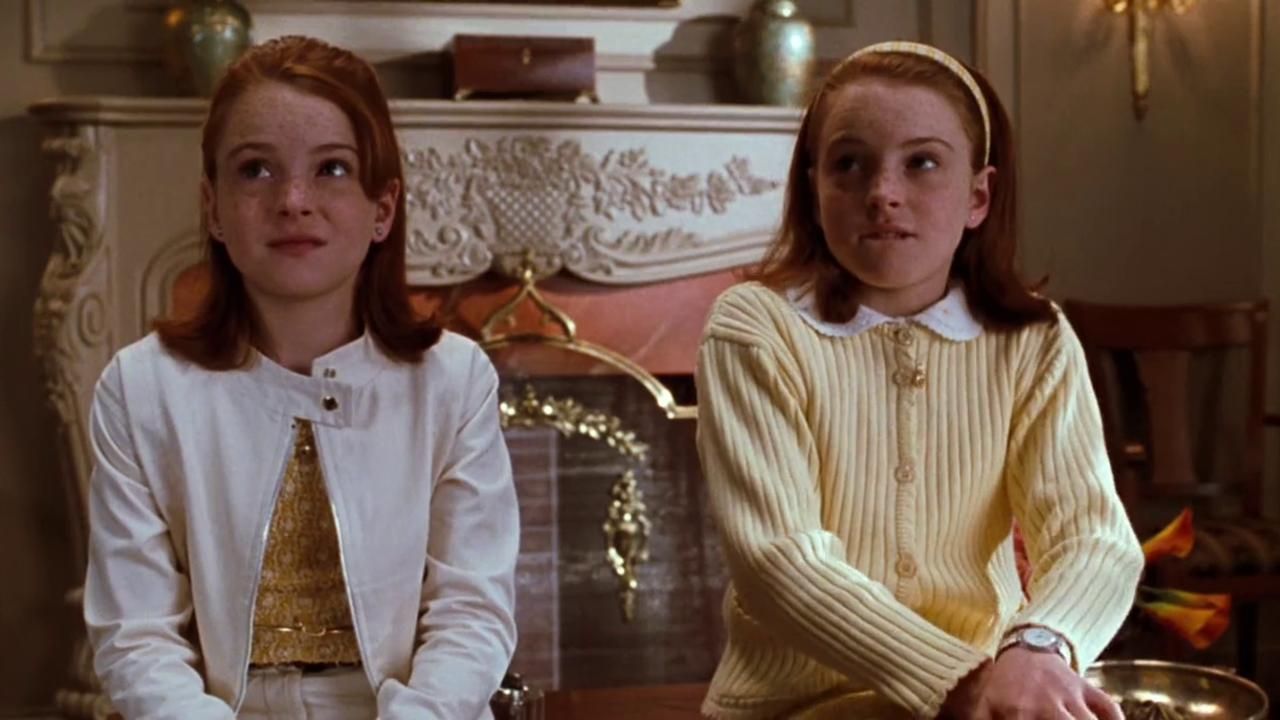An older woman protagonist launched into a story of substance isn’t all that easy to find. An older woman protagonist who upends our expectations about aging in gripping and unforgettable ways is truly rare. When I find one, I give an inward bow to the author and want to share the good news.
I’m aware that many readers will turn away from a novel with a prominent older character. Something unpleasant or difficult might be brought into view, something best shut out for the time being—as if old happens in another country you know you’re destined to visit, but you don’t want to get there too early.
Writers, especially American writers, seem sensitive to this aversion and don’t often choose older people, particularly women, to build a story around. When they do, they may rely on tropes that, if not palatable, at least don’t startle anyone. The old lady is feisty, cranky, or amusing—maybe even all of the above. She’s up to something in the story, but she rocks no boats, ultimately makes no difference.
Some older characters are created with compassion and skill: Agnes and Polly in Fellowship Point by Alice Elliot Dark, Olive in Olive Kitteridge and Olive, Again by Elizabeth Strout, Addie in Our Souls at Night by Kent Haruf, to name a few. But most of us can sniff out the ones that show up as not really representative. We might enjoy the read while at the same time sensing we’re being handed sophisticated versions of stereotypes given in stories from childhood: the witch, the kindly grandmother, the sage, the wacky aunt or neighbor, the eccentric other. Lack of a clear vision around aging is a loss for all of us. When writers give readers what they think is easily digestible, even in secondary older characters, they shortchange the old especially, but in the long run they deprive us all of truth.
When I was writing There Was an Old Woman: Reflections on These Strange, Surprising, Shining Years, I devoted a chapter to the old woman in literature. While researching this subject, I rejoiced whenever I found an older character who thumbed her nose at expectations of who she could or couldn’t be, one who didn’t spend every minute musing about her past—a trite, not to mention unrealistic, choice for representing how anyone over 60 occupies herself. A character’s past may be interesting or helpful in our understanding, but I think it’s important to show how an older woman deals with what’s right in front of her. In this way, we can deepen our understanding of what it means to live a long time.
What is it like to find her, the ripened being who isn’t using her age in order to maintain the status quo or impart wisdom to everyone she meets? It’s damn refreshing, especially if you’re an older woman yourself. But she’s there to surprise and enliven all of us. In addition to those American novels already mentioned, here are some books by writers in other locations and cultures who have felt perfectly free to shine a light on her.
Like a Mule Bringing Ice Cream to the Sun by Sarah Ladipo Manyika
Although several voices are sprinkled throughout this novella, all center around their connection to Morayo Da Silva, who speaks for herself. As she is about to turn 75, Morayo remains a voracious reader, a life enthusiast, a friend to many, regardless of their generation, class or gender, a bit of a philosopher. A former literature professor, she shelves her books so they can be “in conversation with one another.” She’s curious about these imaginary meetings. She’s brilliant, playful, self-accepting, and delighted by her own eroticism at every age, including this one.
From the way she dresses to the way she moves through her San Francisco world and her former life in Nigeria, Morayo commands the reader to follow her. The challenges that come to her in this story are common to many who are older: a fall that brings the threat of immobility, dependence, losing driving privileges. Freedom of thought, movement, and connection with others are Morayo’s passions, and she uses all of her resources to try to meet what confronts her.
The Old Woman and the River by Ismail Fahd Ismail, translated by Sophia Vasalou
Um Qasem is somewhere near 60, widowed, a grandmother. At a glance, she’s neither a threat nor much of a boon to anyone. At the outbreak of the Iran-Iraq war in 1980 to 1988, her husband dies after the family is evacuated from a targeted area that includes their village. Um Qasem settles in to her new location. Her sons and their families quickly adjust and expect her to do the same. But resistance rises in her after a long time of feeling displaced.
With her donkey, Good Omen (a beautifully drawn character in his own right), Um Qasem sneaks away and travels across miles of military presence to return to her village, despite its off-limits status. Once there, she finds military-ordered dams have killed off much of the plant and amphibious animal life. The streams and ponds that once nourished the entire area are nearly dried up. Trees and flowers in the abandoned yards are dying.
When soldiers discover Um Qasem, they see her as little more than a widow who needs protection; she must be removed from the area. But she has other ideas about what needs protecting A resourceful woman with a vision, she takes risks to free the water from the dams and restore life to her village, pushing herself beyond traditional expectations in the process.
Drive Your Plow over the Bones of the Dead by Olga Tokarczuk, translated by Antonia Lloyd-Jones
A literary mystery set in wintry Poland among a group of mostly deserted houses, this novel touches on not only crime, alarm, and bizarre events but slowly reveals a deeper mystery: what lives in the heart of a singular old woman. Janina is our guide through the strange happenings that unfold. Witty, quietly charming in her way, and darkly smart, she is an astrologer, an observer, an animal lover and caretaker of the houses abandoned for the season by wealthier neighbors. Her telling of what happens in this remote area is reminiscent more of a fairy tale than a mystery, the sort where children are lost in a forest and stalked by something coldly threatening.
The original mystery may not turn out to be the reader’s ultimate reason for wandering deeper and deeper into the marrow of this novel, but it’s a hard book to describe without ruining that element of it. Like Um Qasem, Janina sees that the world we naively sum up and set apart as “nature” entwines with out of control human desires and ambitions. She must confront the perceived imbalances that threaten what she cares about. Her telling of shadowy events may be riveting, but not as riveting as she is.
The Door by Magda Szabo, translated by Len Rix
I don’t think I really knew what “brutal honesty” meant until I met Emerence, an 80-year-old woman in this novel set in postwar Hungary. A house cleaner and cook, she will interview anyone who wants to hire her; once hired, she will take over completely, even usurping the love of the family dog. Although she is not a woman of wealth or privilege, the village and its residents are her domain.
Magdushka narrates the story (a stand in for Szabo herself). A young writer in need of a housekeeper so that she and her academic husband can work, she’s taken aback by Emerence’s stark manner. The old woman’s insistence on privacy (her door is always shut to everyone in the village) as well as her occasional jaw-dropping ruthlessness are disturbing also. But she bears witness to Emerence’s devotion to the village. And so, like her, we worry for this old woman, especially as bits of her past bleed into the present of the story.
While the writer works her way toward literary stardom, Emerence gradually becomes not only housekeeper but prickly, secretive, admired and confounding friend. The younger woman, intellectual and ambitious, feels at times almost victimized by Emerence’s wild nature and determined self reliance. The tension in this story, though, is not old versus young. If not for the friendship, which feels real, it could be described by some as a class struggle. But that friendship gives it a different dimension. It revolves around the ache to be authentic as oneself and heed the call our humanity makes on us to try to feel another’s reality as well as our own, especially when the other has suffered much greater hardships and losses. To step away and teeter on the edge of a conviction that artistic achievement carries more value than friendship will invite betrayal and tragedy into the story. Emerence is an unforgettable character who allows no one to pass through without self examination.
The Summer Book by Tove Jansson, translated by Thomas Teal
This quiet and beautiful story of a grandmother and granddaughter exploring their world, a tiny island off the coast of Finland, is a classic. As the two go forth to converse, play together, appreciate and protect their island world, a tender closeness grows. But flares of tension ignite on these pages, too. The child’s mother has recently died.
Tove Jansson was in her late 50s when she wrote this novel in which no real plot emerges and little happens: a miniature Venice gets created by the two companions, a couple of cats show up, each presenting challenges regarding the meaning of love, a friend visits and quickly becomes a problem; there’s weather and the sea and bobbing about in boats, and some other people doing things, too. But the real story that threads throughout this quiet and often funny book is one of connection and transition. This is not a children’s story.
It’s a surprise that the six-year old granddaughter is as much a caretaker of the grandmother’s life as the other way around. The grandmother can be as curious and mischievous as any child might be, while at the same time teaching tolerance of others’ beliefs and care for the natural world. She’s not the stereotypically accepting or sage grandmother, but a woman who realizes her life is coming to a close and she’s clear that’s her business.
Both the grandmother and granddaughter own themselves. Each has a memorable personality, and they are determined to freely express that personality with one another because here on the island and together, their love and their surroundings allow for great freedom. This is an honest book about a pair of unique individuals, mutually devoted.
The Woman Next Door by Yewande Omotoso
In post-apartheid Capetown, two next door neighbors in an upscale residential area are at odds. Both are old and widowed. Both have been successful in their careers. Marion (white) was an architect, and Hortensia (black) was a textile designer. They’ve felt antagonism toward one another for years. Marion has a history of racism and little self awareness. She has benefitted from all that apartheid offered its white residents. Hortensia moved to Capetown after marrying a white man, Peter, who betrayed her with another woman. Both Hortensia and Marion have been hurt by husbands who failed them.
Even if you know nothing much at all about apartheid in South Africa, these two old women serve as guides into the chasm. Marion and Hortensia are alone and lonely; each judges the other and feels she must keep her distance going forward. But then fate hands each one a burden she cannot carry alone. They are next door neighbors. What can they do but look one another’s way for help?
The novel seems to threaten to swerve into a pleasing connection as an outcome, but Omotoso is too smart for this and doesn’t cheat. Instead, she works to take personalities, pain, ignorance and the reality of the past into account. She directs the intersection of their need for one another and their history with a firm hand as these women begin to stretch themselves into the possibility of building something new together.
Two Old Women: An Alaska Legend of Betrayal, Courage and Survival by Velma Wallis
During a time of famine, an Alaskan tribe decides to abandon two women when winter comes, even though they know this means the women, who are in their seventies, will starve. The rationale is that these two don’t contribute any longer in a meaningful way, eat too much of what little food is available, and complain a lot. The women may be missed by some who love them but, given the day to day struggle, this fact cannot take precedence. Survival of the rest of the tribe is considered paramount.
Left behind, the two women are certain they won’t last long, and it looks as if the time they have left will be endured with resentment. But old age is full of surprises, and the surprise they find in themselves is determination. They will strike out to survive and hope to succeed. If not, at least they will have abandoned their own sense of uselessness in favor of doing what they could to save themselves. The rest of the story is all that they face, what they do and what they encounter that will eventually bring them full circle back to their own wholeness and to forgiveness of the people who abandoned them. Velma Wallis based this story of two outcasts on an Athabascan legend. It’s a moving short novel that’s part cautionary tale, part revelation, part edge of your seat adventure. The way through isn’t easy, but it’s often beautiful, and I can’t imagine any reader will finish Two Old Women without expanding whatever truths they think they know about being human. As if that isn’t enough, it allows us to dwell for a time in the spirit and resourcefulness possible in old age. That’s a story rarely told.










